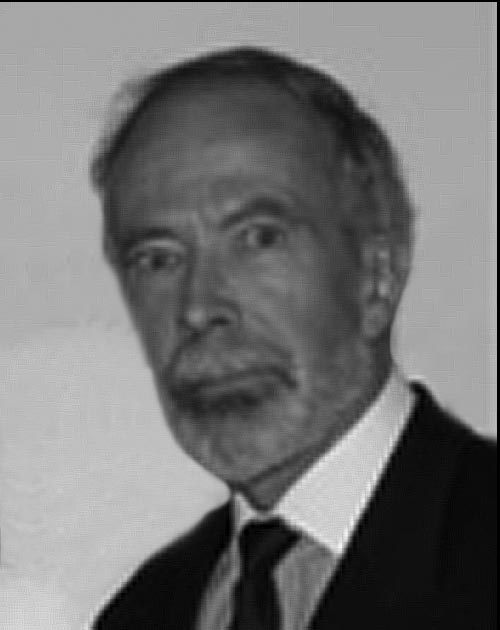 Thomas L. Cleave, M.R.C.P.
Thomas L. Cleave, M.R.C.P.
1906-1983 Hall of Fame 2009 "Cleave saw that many of the diseases of civilization could be explained as the consequences of eating refined carbohydrate, pointing out the crucial fact that refined foods are an artefact of technological civilization."
Thomas Latimer Cleave was born in Exeter and entered the Bristol Medical School at the age of sixteen, finished his training at St. Mary's Hospital and went straight into the Royal Navy. There he was a medical specialist in various hospitals at home and abroad, ending up as surgeon captain and director of medical research until he retired in 1962. After working in obscurity for many years, in the 1970s Cleave received international acclaim as the father of the dietary fibre hypothesis. His great vision was to see that the human body was maladapted to the refined foods of civilization, primarily carbohydrates, sugar and white flour. He reasoned that if man avoided unnatural foods he would avoid unnatural diseases which were generally absent in wild animals or primitive communities. He spent his life gathering evidence and developing arguments to support this view, which culminated in his grand hypothesis that a range of diseases -from obesity, to diabetes, coronary heart disease, ulcers, dental caries, constipation and appendicitis-were caused by maladaptation to foods containing refined carbohydrates. Since they all had a common cause he viewed them as a single master disease, he called "the saccharine disease." His book of the same name, published in 1974, sold thousands of copies and was written in laymen's language that the public could readily grasp. In 1986, the British Medical Association finally answered Cleave’s voice in the wilderness in its report Food, Nutrition and Health, which recommended an increase in consumption of fresh food and vegetables and whole grains. One of Cleave's most effective advocates was Dr. Denis Burkitt, the legendary cancer researcher, and their collaboration was turning point in the fortunes of Cleave's hypothesis. Burkitt's connections with 150 third world hospitals enabled him to confirm many of Cleave's epidemiological observations and even to add to his list of Western diseases which can be attributed to refined carbohydrate. Burkitt acknowledged his debt to his friend, stating "Cleave was one of the most revolutionary and far-sighted medical thinkers of the twentieth century, seeing far beyond the small vision of intricate details of individual diseases."
|